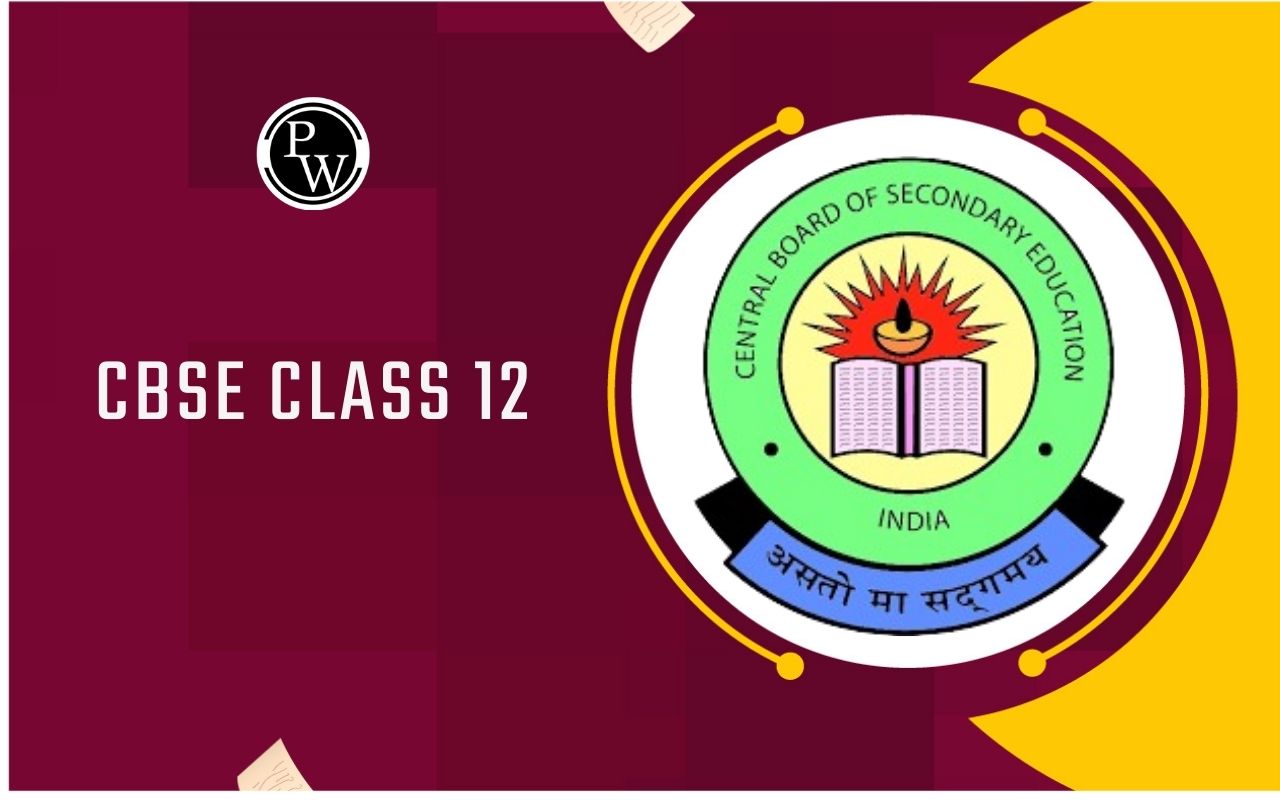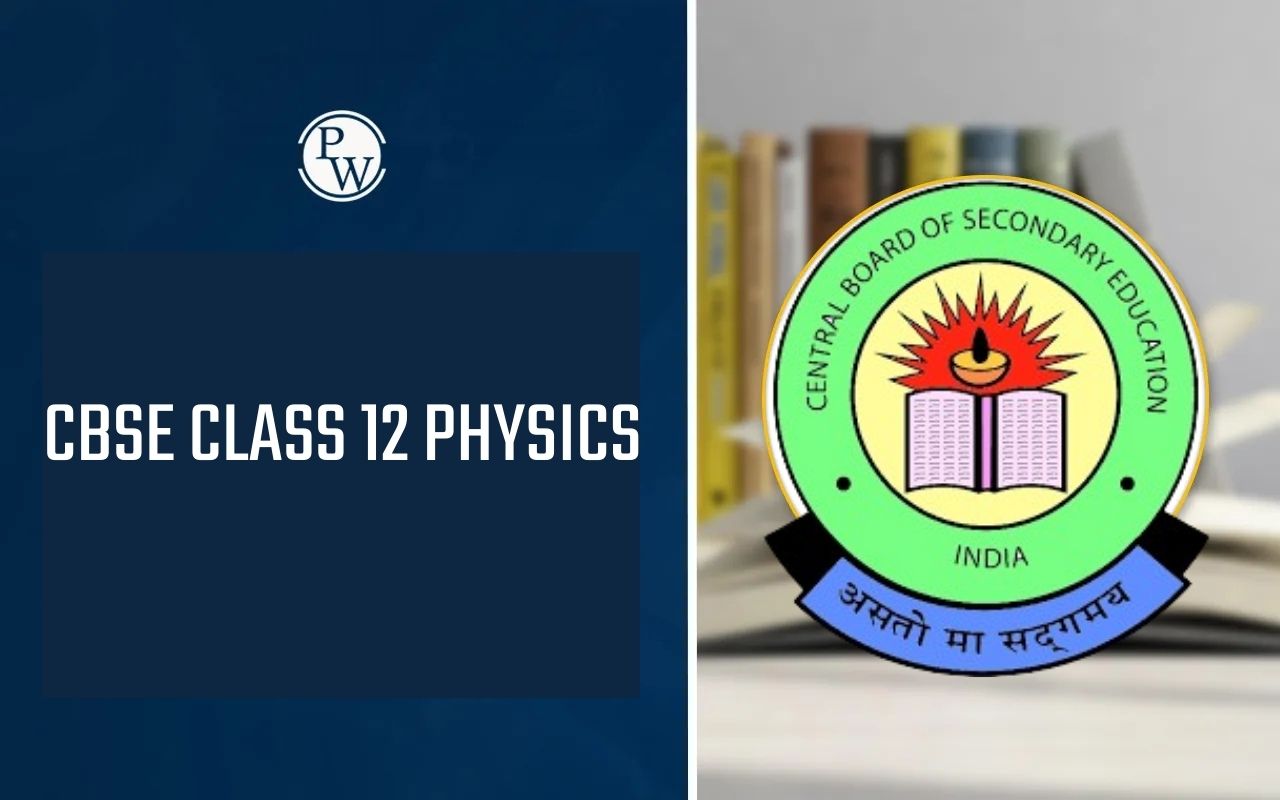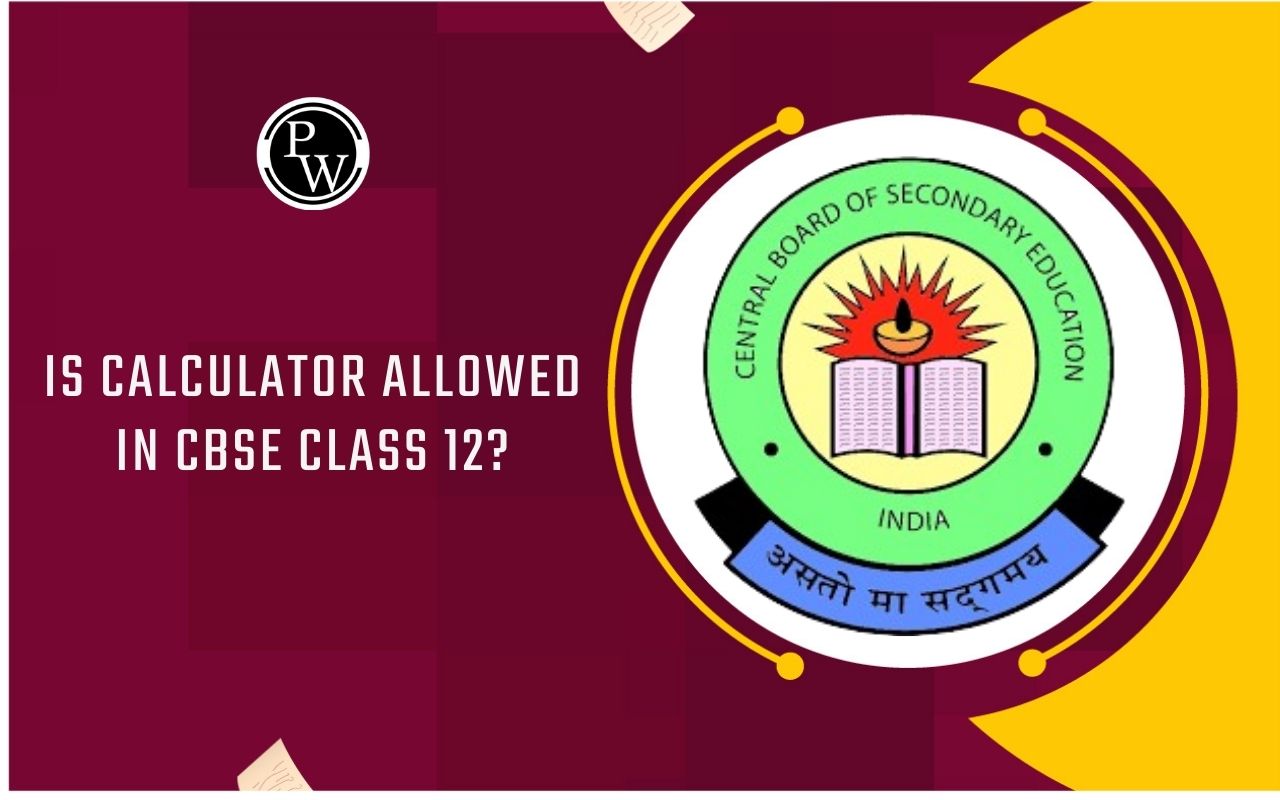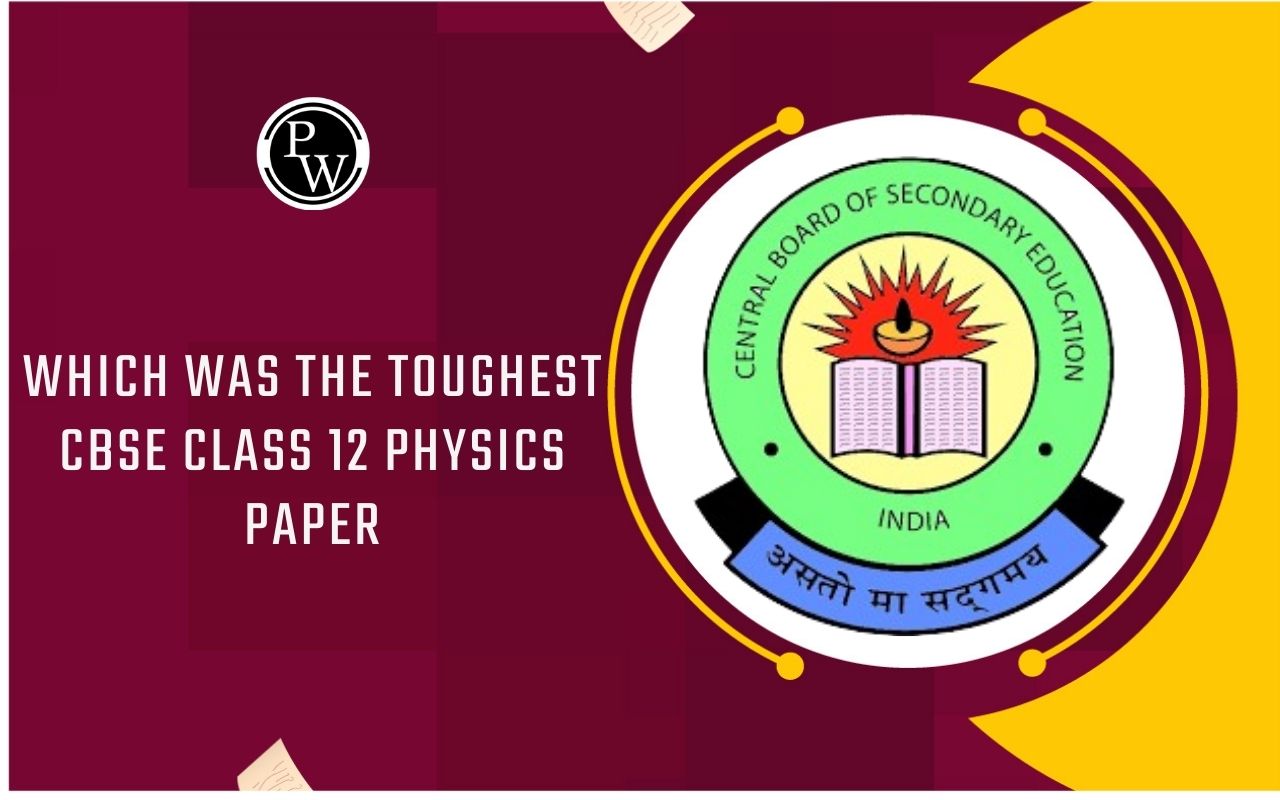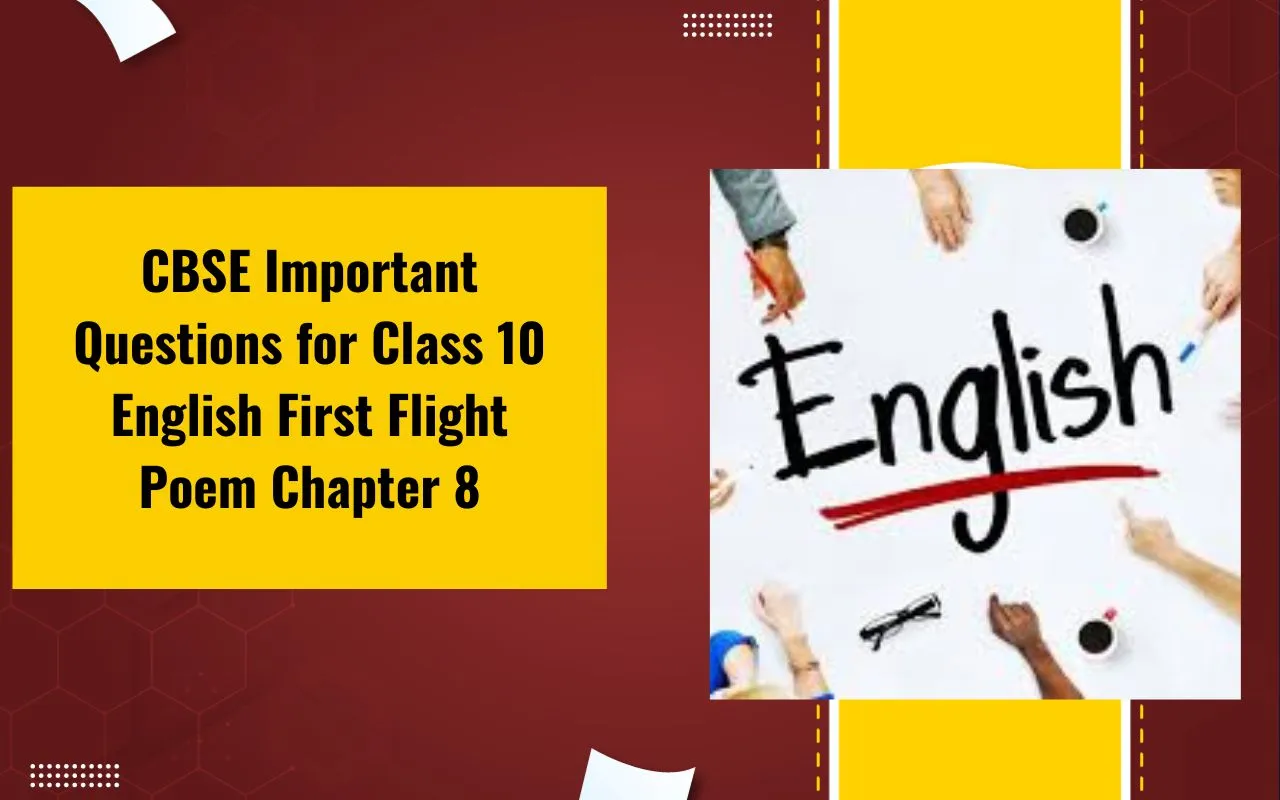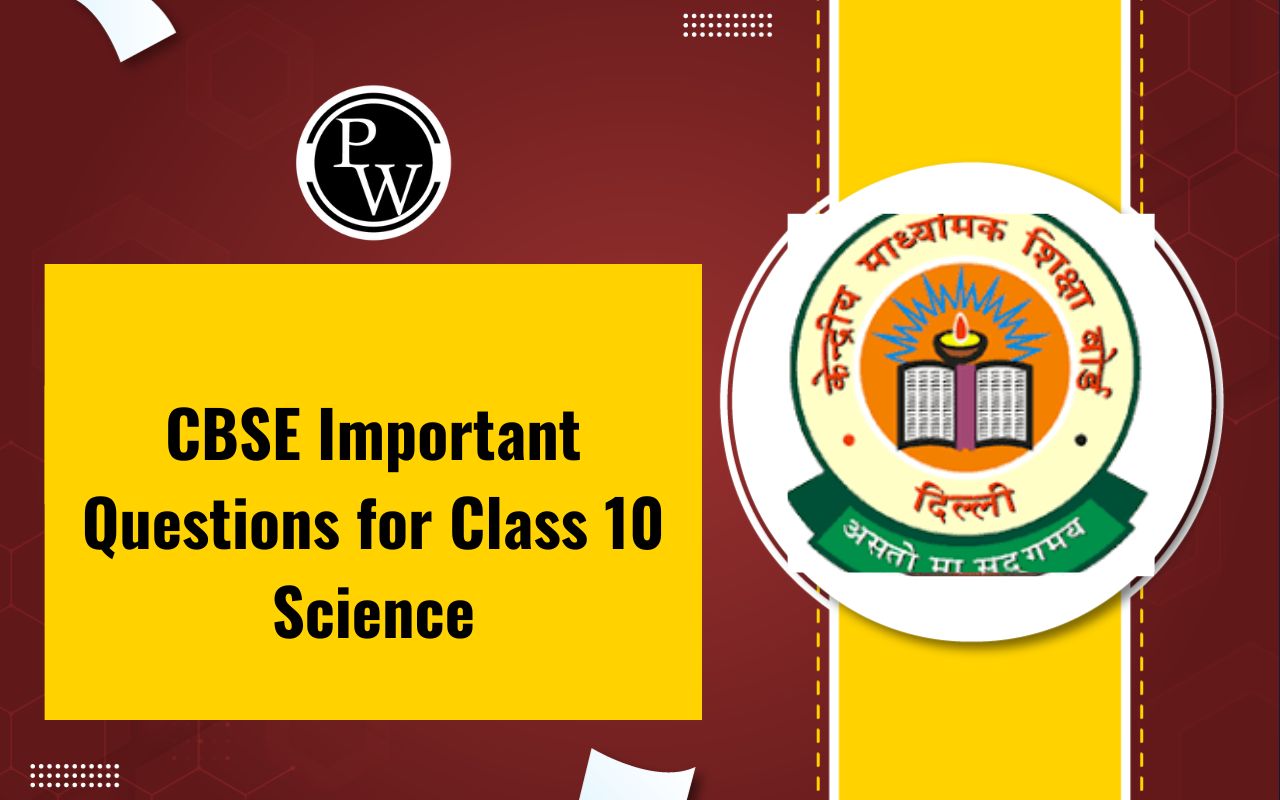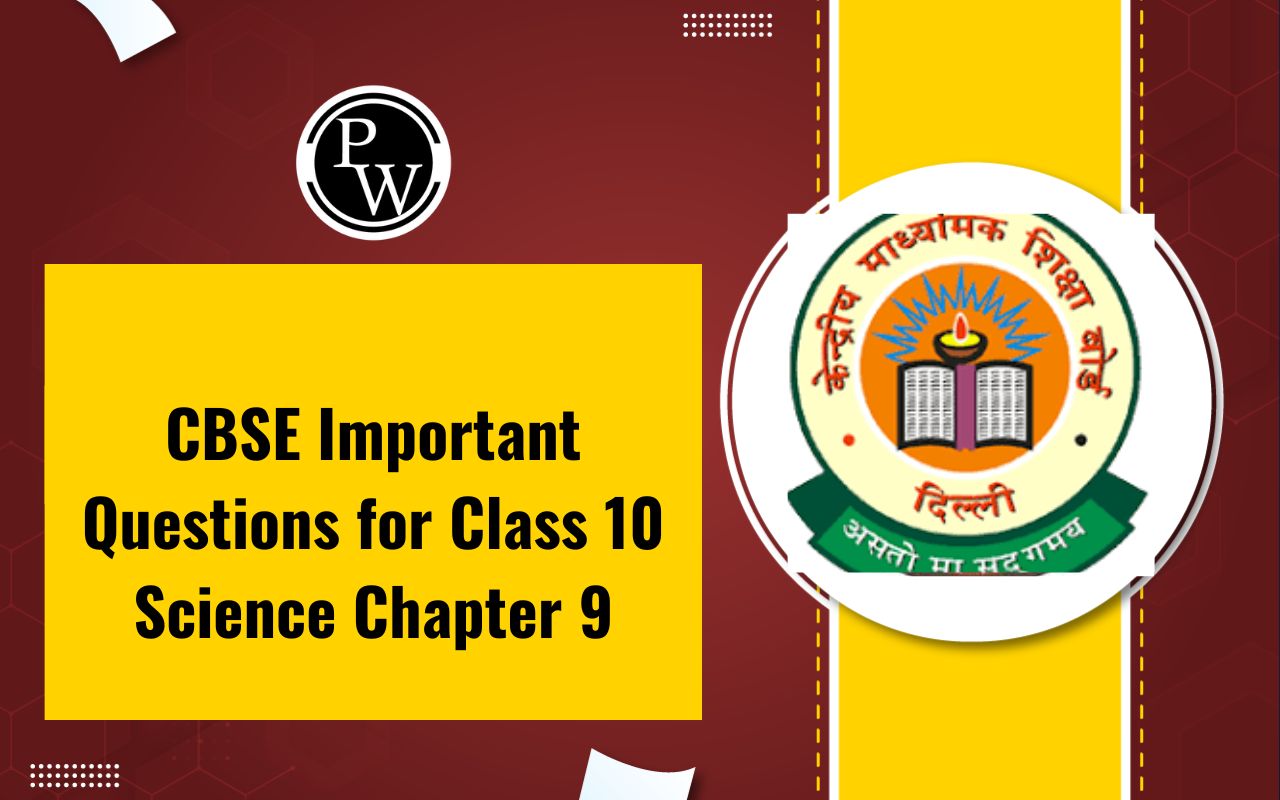
Abstract nouns are words that represent ideas, concepts, qualities, or emotions rather than physical objects you can see or touch. They're like the "invisible" building blocks of language that help us express intangible things. For example, love, happiness, courage, and freedom are all abstract nouns. They help us talk about feelings, thoughts, and concepts that are important in our lives, even though we can't hold them in our hands.
So, while concrete nouns like "tree" or "book" refer to things we can perceive with our senses, abstract nouns refer to the thoughts and feelings that make up our inner world.What is An Abstract Noun
Nouns are words that name things, which can be anything from people and places to objects and ideas. However, not everything that nouns represent is a physical object. Some nouns represent things that are intangible, meaning they can't be touched or seen. These include concepts like ideas, emotions, personality traits, and philosophical notions. We refer to these as 'abstract nouns' to distinguish them from 'concrete nouns,' which are the things you can experience with your senses.Also Read: What are Nouns
Abstract Nouns Definition
Abstract nouns, in essence, are naming words that exist beyond the realm of our five senses. They encompass concepts, ideas, experiences, traits, feelings, or entities that elude our ability to see, hear, touch, taste, or smell. Unlike concrete nouns, which represent tangible objects, abstract nouns refer to intangible qualities or notions. According to the Oxford Learner's Dictionary, Abstract Nouns are defined as "nouns like beauty or freedom that pertain to an idea or a general quality, not a physical object." Collins Dictionary similarly describes them as nouns that signify a quality or idea rather than a physical entity.Examples of Abstract Nouns
Here are some common examples of abstract nouns in daily life.Love: The deep affection and emotional attachment between people.
Happiness: A state of joy and contentment.
Courage: The quality of being brave in the face of fear or difficulty.
Freedom: The state of being able to act, speak, or think without constraint.
Justice: The fair and impartial treatment of individuals under the law.
Knowledge: The understanding and awareness acquired through learning and experience.
Beauty: The quality of being visually pleasing or aesthetically attractive.
Peace: A state of tranquility and absence of conflict.
Wisdom: The ability to make sound judgments based on knowledge and experience.
Sincerity: The quality of being genuine and honest in one's intentions.
Converting Adjectives and Verbs Into Abstract Nouns
Converting verbs and adjectives into abstract nouns involves a transformation of words to represent concepts or qualities. Here's how you can do it:How to Convert Verbs to Abstract Nouns
Step 1: Identify the action verb you want to convert. For example, "create."
Step 2: Add the appropriate suffix to the verb. Common suffixes for creating abstract nouns from verbs include:
"-tion" (e.g., create → creation)
"-ing" (e.g., walk → walking)
"-ance " or "-ence" (e.g., perform → performance)
Step 3: The resulting word becomes the abstract noun representing the action or process. In our example, "create" becomes "creation," representing the act of bringing something into existence.
Converting Verbs to Abstract Nouns
- Contribute → Contribution
- Expand → Expansion
- Admire → Admiration
- Respect → Respect
- Invent → Invention
- Succeed → Success
- Mature → Maturity
- Fascinate → Fascination
- Organize → Organization
- Reliable → Reliability
How to Convert Adjectives to Abstract Nouns
Step 1: Choose the adjective you want to turn into an abstract noun. For example, "brave."
Step 2: Use a suitable suffix to convert the adjective into an abstract noun. Common suffixes for forming abstract nouns from adjectives include:
"-ty" (e.g., brave → bravery)
"-ness" (e.g., happy → happiness)
"-ity" (e.g., pure → purity)
Step 3: The word with the added suffix now represents the abstract quality or state associated with the adjective. In our example, "brave" transforms into "bravery," representing the quality of being courageous.
Converting Adjectives to Abstract Nouns
- Brave → Bravery
- Happy → Happiness
- Pure → Purity
- Clever → Cleverness
- Generous → Generosity
- Honest → Honesty
- Beautiful → Beauty
- Sincere → Sincerity
- Intelligent → Intelligence
- Creative → Creativity
Practice Questions Based on Abstract Nouns
Solve the Abstract Noun Practice Questions given below:Instructions: For each given word, write the corresponding abstract noun in the space provided.
- Happy: ___________________________
- Discover: ________________________
- Brave: __________________________
- Create: __________________________
- Generous: ________________________
- Understand: ______________________
- Strong: __________________________
- Explore: __________________________
- Honest: __________________________
- Success: _________________________
- Love: ___________________________
- Organize: ________________________
- Intelligent: _______________________
- Respect: _________________________
- Beautiful: _______________________
Answers:
- Happiness
- Discovery
- Bravery
- Creation
- Generosity
- Understanding
- Strength
- Exploration
- Honesty
- Success
- Love
- Organization
- Intelligence
- Respect
- Beauty
| English Grammar Related Links | |
| Parts of Speech | Proper Nouns |
| Countable Nouns | Collective Nouns |
Abstract Nouns FAQs
What is the Abstract Noun of Kind?
What is Abstract Noun of Young?
What is the Abstract Noun of Brave?
What is the Abstract Noun of Poor?

